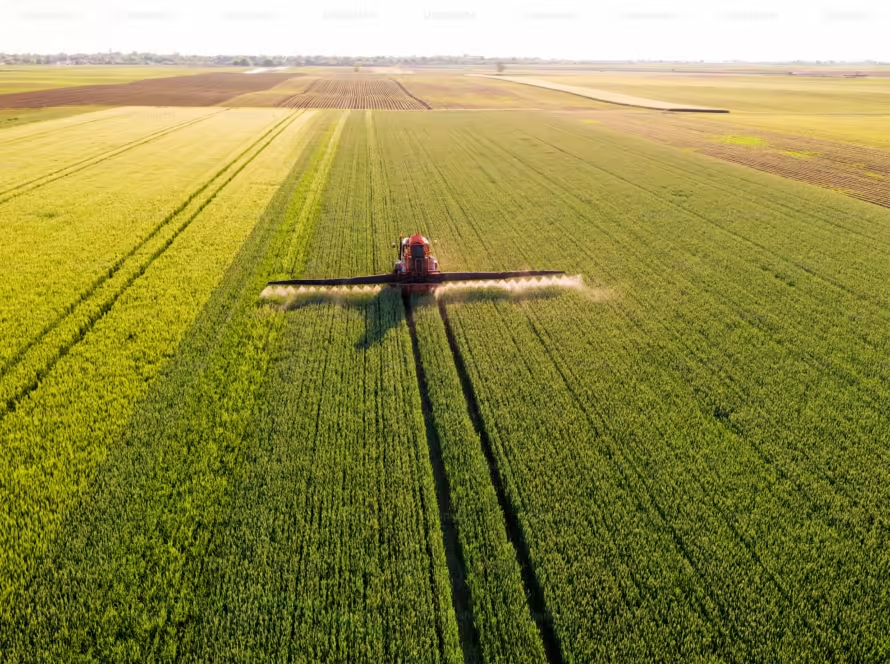Harvesting Profits: The Financial Benefits of Investing in Farming Projects
Looking for investment opportunities that offer both financial returns and environmental impact? Investing in farming projects might just be the answer. Here’s why it makes financial sense:
1. High Demand:
With a growing global population, the demand for food and agricultural products continues to rise. Investing in farming allows you to tap into this ever-expanding market, where the need for quality produce is constant. Whether it’s grains, fruits, or livestock, there’s always a market waiting to be served.
2. Asset Appreciation:
Historically, farmland has shown steady appreciation in value. As populations grow and urbanization expands, the supply of arable land diminishes, driving up land prices. By investing in farming projects, you not only benefit from annual yields but also from the long-term appreciation of agricultural land.
3. Recession Resistance:
Agriculture is a recession-resistant industry. People need to eat regardless of economic conditions, ensuring a constant demand for agricultural products. This stability makes farming investments less susceptible to market downturns, providing a reliable source of income for investors.
4. Innovation and Technology:
Modern farming practices leverage technology and innovation to enhance productivity and efficiency. From precision agriculture to advanced irrigation systems, technology continues to revolutionize the way we farm. By investing in progressive farming projects, you gain access to cutting-edge solutions that drive profitability.
5. Sustainable Growth:
Farming projects offer more than just financial returns; they contribute to sustainable growth and development. By supporting agricultural initiatives, you play a vital role in ensuring food security, fostering rural livelihoods, and preserving natural resources for future generations.
Ready to sow the seeds of financial prosperity? Explore our range of farming projects designed to deliver sustainable returns while making a positive impact on the world.



